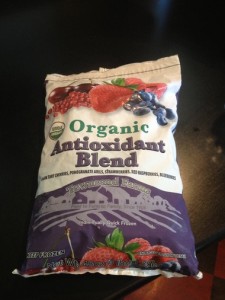According to The Sacramento Bee, a mysterious outbreak last year of a foreign strain of hepatitis A set in motion a federal government investigation that led food-safety sleuths halfway around the world to Turkey.
 There, in a pomegranate grove, the detective work paid off: Investigators found the likely culprit of a widespread foodborne virus that sickened at least 165 people in 10 states, including California.
There, in a pomegranate grove, the detective work paid off: Investigators found the likely culprit of a widespread foodborne virus that sickened at least 165 people in 10 states, including California.
Lab tests of specimens from the patients traced the virus to a particular strain called genotype 1B, rarely seen in the Americas yet common to North Africa and the Middle East.
Together, experts from the U.S. Food and Drug Administration worked painstakingly and step-by-step with the federal Epidemic Intelligence Service – also known as the “disease detectives” – to trace shipments of pomegranate seeds from the Turkish Goknur Foodstuffs Import Export Trading Co.
Using techniques that combined epidemiology, data from several sources, genetic analysis of patient samples and product-tracing, the investigators quickly located the common denominator of the outbreak in the U.S. to the frozen food section of Costco stores.
The tainted Turkish pomegranate seeds had somehow been contaminated by microscopic amounts of fecal matter and were included in a five-berry combination package sold under the name of Townsend Farms Organic Antioxidant Blend, an Oregon agribusiness.
“The investigation captured the whole global aspect of today’s food system,” said Mike Taylor, deputy commissioner for foods and veterinary medicine for the U.S. Food and Drug Administration. “It was a very robust process.”
